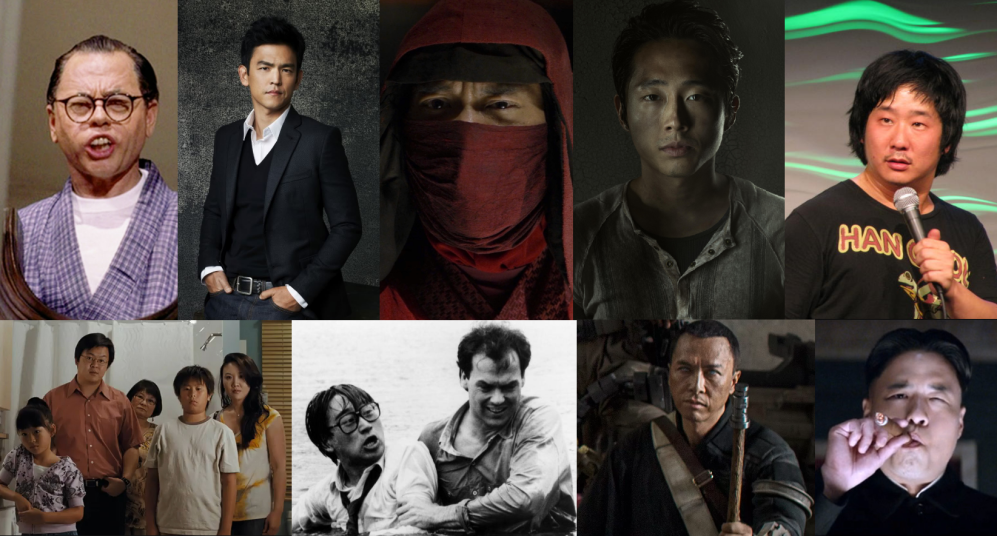Protest for #StopAsianHate in Tulsa, OK. I spontaneously bought a plane ticket, my first one in years, and took a day off to protest with my AAPI family. Every single speaker had beautiful and painful stories. Honored to join them. In awe of a diverse crowd. Lots of news crews.
Big shout-out to Jade H. Nguyen, one of the organizers, who gave me an opportunity to speak. I was just falling into the momentum already created by amazing people who worked like crazy to make this happen. My part was easy compared to the activists and advocates who have been doing this forever.
Love y’all, fam.
Part of my speech:
“Somehow we’ve become a punchline even though we’ve labored at the frontlines.
It is easy to believe after trauma and tragedy and violence that somehow, you are what has happened to you, that somehow racism has stained you or tarnished you, that we are the injuries that we bear.
But again I say: no.
You have a name.
I have a name.
We have a name.
We are souls, completely whole and valued regardless of all that has been done to us.
You have a name.
I have a name.
We have a name.
We are the ones who will be named.
Not after the fact, not as a stat or a fact, not after trauma and tragedy, but you have a name, right now: you have a name.
Things can get bad, and they’ve gotten bad, but it never means you are. As author Min Jin Lee has said, ‘Racism is the shame of the racist. It is not our shame.’
Their shame cannot take your name.
Family, you have endured shameful things but it does not say anything shameful about you. It only says that / you / endured.
And the reality of your daily pain cannot define the value of your interior reality. You still have worth simply for being you.”
— J.S.
























